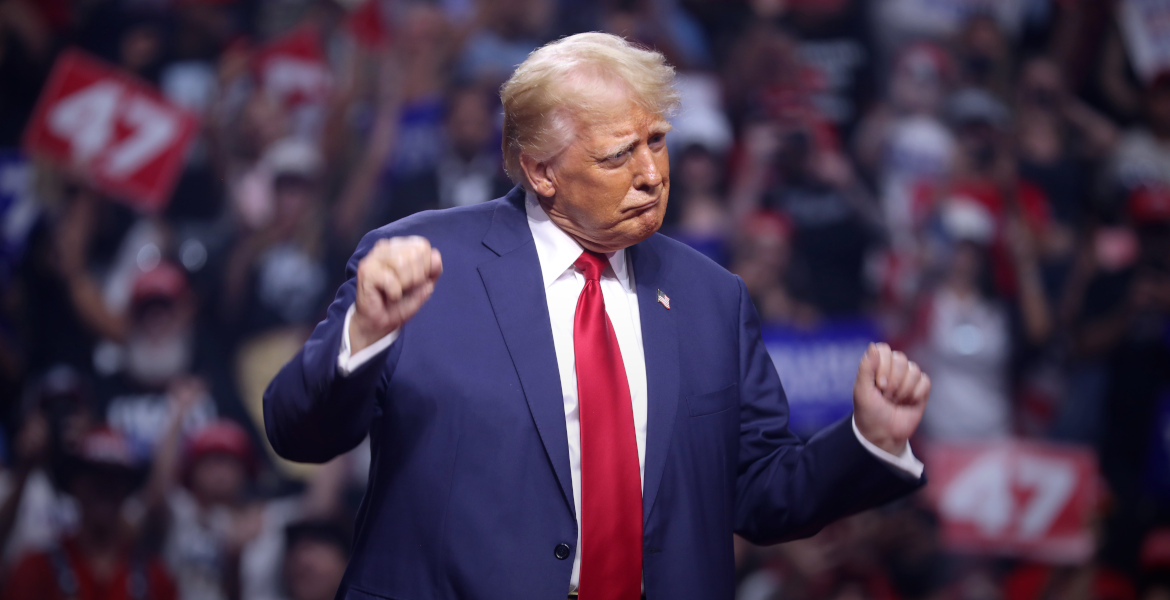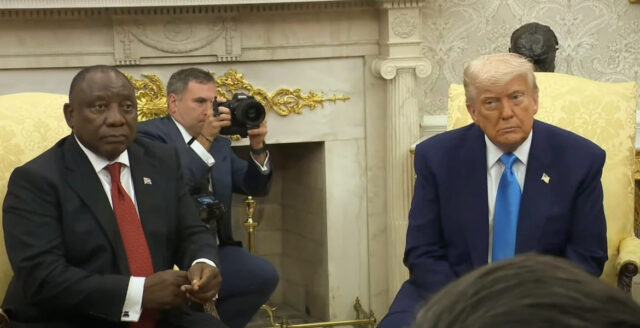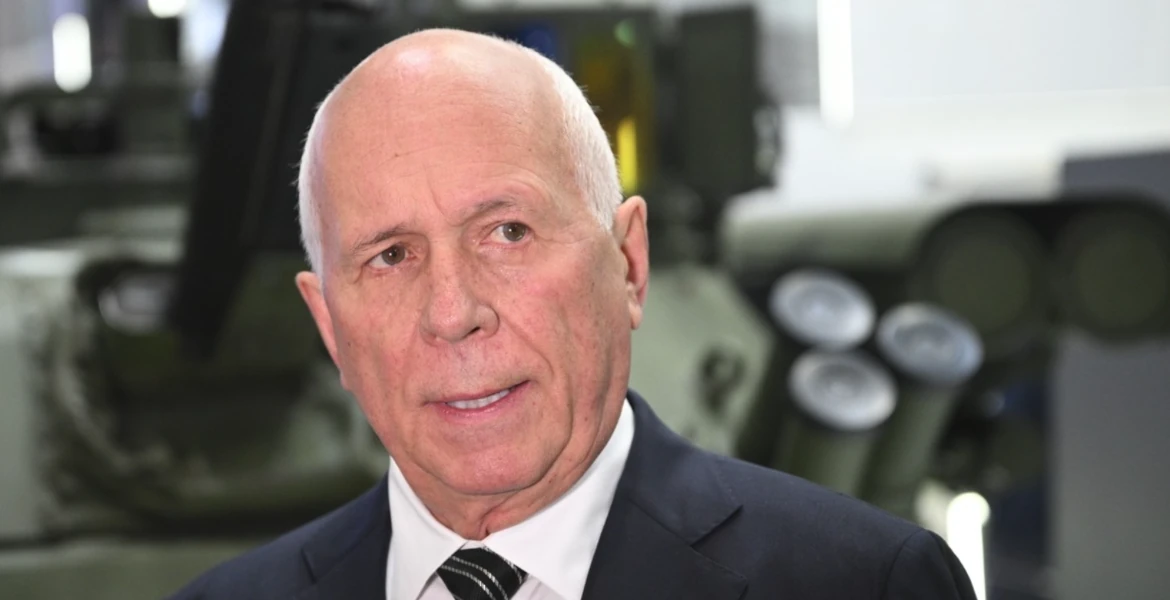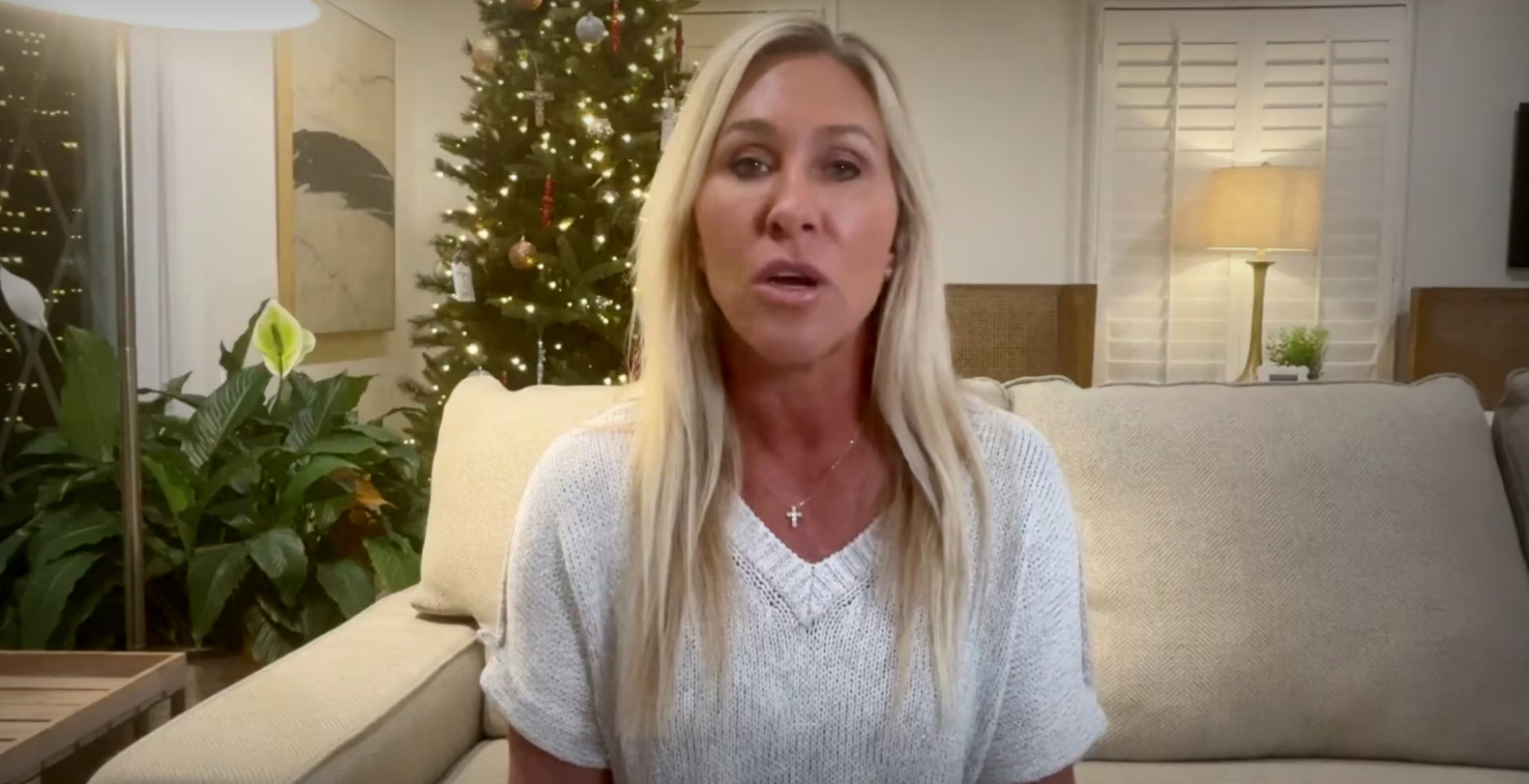The number of armed conflicts reached a historic high in 2024, according to new statistics from the Uppsala Conflict Data Program (UCDP) at Uppsala University.
Despite a marginal decrease in the total number of deaths, targeted violence against civilians also increased significantly.
UCDP recorded 61 armed conflicts involving at least one state in 2024 – an increase from 59 the previous year and the highest number since measurements began in 1946. Of these, 11 were classified as wars, which according to the UCDP definition means at least 1,000 combat-related deaths in a year – the highest figure since 2016.
In total, around 160,000 people were killed in organized violence during the year, a slight decrease compared to the extremely deadly year of 2022.
– This is not about the world becoming more peaceful. We are seeing more wars and more conflicts than before, but with slightly fewer deaths than in the exceptionally bloody year of 2022. 2024 is the fourth most violent year since the genocide in Rwanda in 1994, said Shawn Davies, senior analyst at UCDP.
The conflicts in Ukraine and Gaza
The war in Ukraine remained the world's deadliest conflict in 2024, with around 76,000 combat-related deaths. In the Middle East, Israel's war in Gaza and against Hezbollah in Lebanon contributed to high death tolls, especially among civilians. The UCDP recorded a total of around 26,000 deaths in these two conflicts, 94 percent of whom were civilians or persons of unknown identity.
– It has become increasingly difficult to distinguish between civilians and members of armed groups, despite improvements in information in many areas over the past 15 years. This is particularly challenging in situations where the line between civilians and combatants is blurred, or where indiscriminate violence, such as aerial bombardments, is used in densely populated areas, says Therese Pettersson, senior analyst at UCDP.
In Gaza, only 2% of deaths could be linked to members of a combatant group, while 48% were classified as civilians. The rest were recorded as persons of unknown identity.
– Reliable information about who is killed is important for investigating suspected war crimes, for the international community to be able to act appropriately, and for knowing what needs society has after a conflict ends, Pettersson continues.
Decade of increasing conflict
Targeted attacks against civilians increased sharply in 2024. The UCDP recorded 13,900 civilian deaths in such attacks – an increase of 31 percent compared to the previous year. For the tenth year in a row, the Islamist terrorist group IS was the deadliest actor, with around 3,800 civilian casualties, mainly in the Democratic Republic of Congo.
Since 2010, the number of armed conflicts involving state actors has almost doubled, and the number of deaths has increased fivefold – despite some temporary declines.
– Over the past decade, we have seen an increase in the number of inter-state conflicts, with 2024 recording the highest number since 1987. Conflicts in which states actively support armed groups in other countries have also become more common during this period. This is a worrying development that risks contributing to higher death tolls, explains Davies, adding:
– We are living in a new era with more and more intense and complex conflicts, which places higher demands on international conflict resolution and better protection of civilians. It is also important to continue documenting what is happening in the world's conflicts.
Organized violence
UCDP defines organized violence as armed confrontations between two organized actors in which at least 25 people are killed in direct combat in a calendar year. It includes three categories: state violence (between state and actor), non-state violence (between two non-state groups) and unilateral violence directed against civilians.
All deaths must be combat-related, i.e. directly caused by armed violence – not indirect consequences such as starvation or disease.





